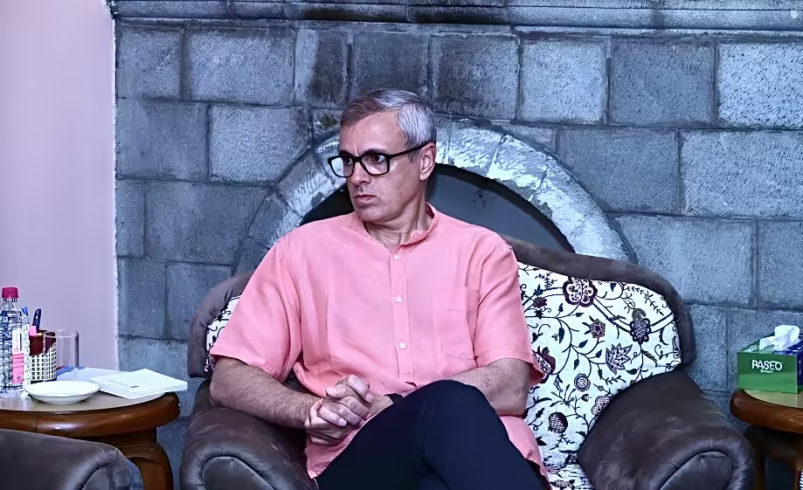Omar Abdullah Criticizes House Arrests on Kashmir Martyrs’ Day
- July 13, 2025
- 0

On Kashmir Martyrs’ Day, several political leaders, including ministers and MLAs from both the ruling and opposition parties in Jammu and Kashmir, were placed under house arrest. This move was intended to prevent them from observing the anniversary of the 1931 killings during a protest against the then-ruler Hari Singh. The administration, led by Lieutenant Governor Manoj Sinha, denied permission for any commemorative events and imposed restrictions across Srinagar, warning of strict action against those attempting to visit the Martyrs’ Graveyard.
Former Chief Minister Omar Abdullah condemned these restrictions, likening the July 13 massacre to India’s Jallianwala Bagh tragedy. He emphasized that those who died were heroes fighting against British rule and expressed disappointment that their sacrifices are now overshadowed by religious bias. Despite being barred from visiting the graves, Abdullah vowed not to forget their contributions.
PDP leader Mehbooba Mufti criticized the government’s actions, highlighting Prime Minister Narendra Modi’s call for unity. She argued that true reconciliation would occur when Kashmir’s heroes are recognized alongside national figures like Mahatma Gandhi and Bhagat Singh. Mufti lamented the siege of the Martyrs’ Graveyard and the confinement of people in their homes.
Sajad Lone, MLA and chief of Jammu and Kashmir People’s Conference, also faced house arrest. He questioned the government’s attempts to redefine sacred historical events for Kashmiris, asserting that the sacrifices made on July 13 remain significant.
The events of July 13, 1931, hold great significance in Kashmir’s history. On this day, protesters gathered outside Srinagar jail in support of Abdul Qadeer, who had urged resistance against Dogra ruler Hari Singh. The Maharaja’s forces opened fire on the crowd, killing 22 people. This incident led to widespread protests and eventually prompted political changes in Jammu and Kashmir.
Traditionally, July 13 was marked by tributes at the Martyrs’ Graveyard. However, since Jammu and Kashmir’s special status was revoked in 2019 and its reorganization into Union territories, such commemorations have been prohibited. The administration has also removed July 13 as an official holiday, replacing it with Hari Singh’s birth anniversary.